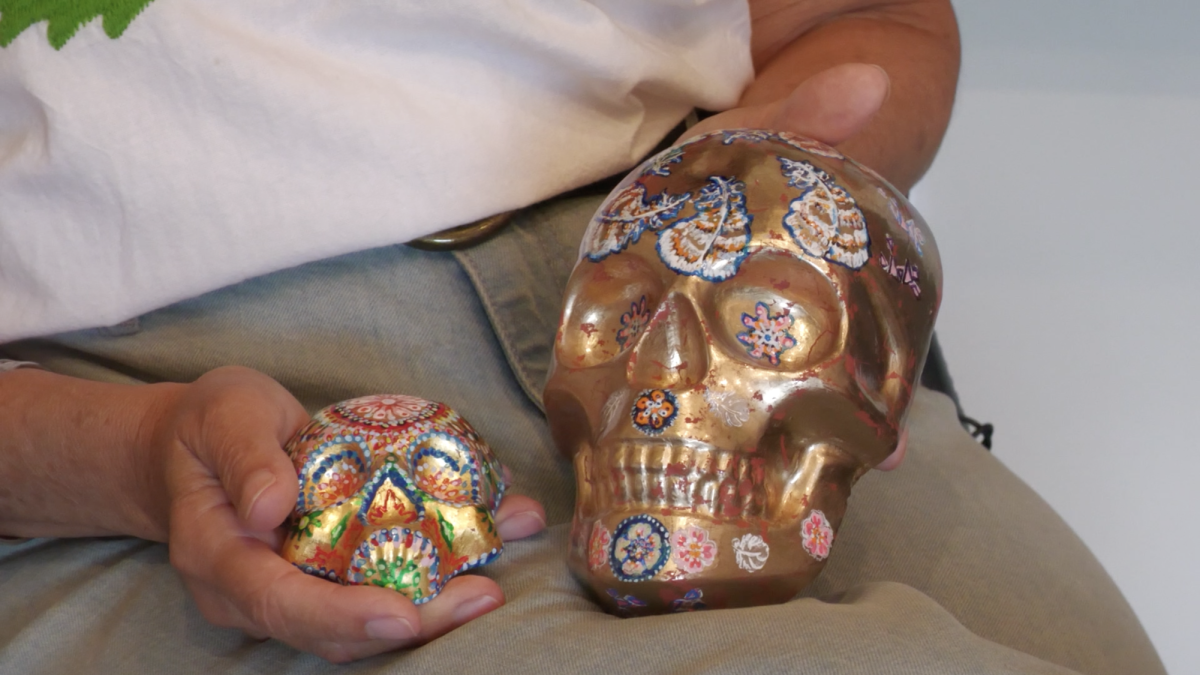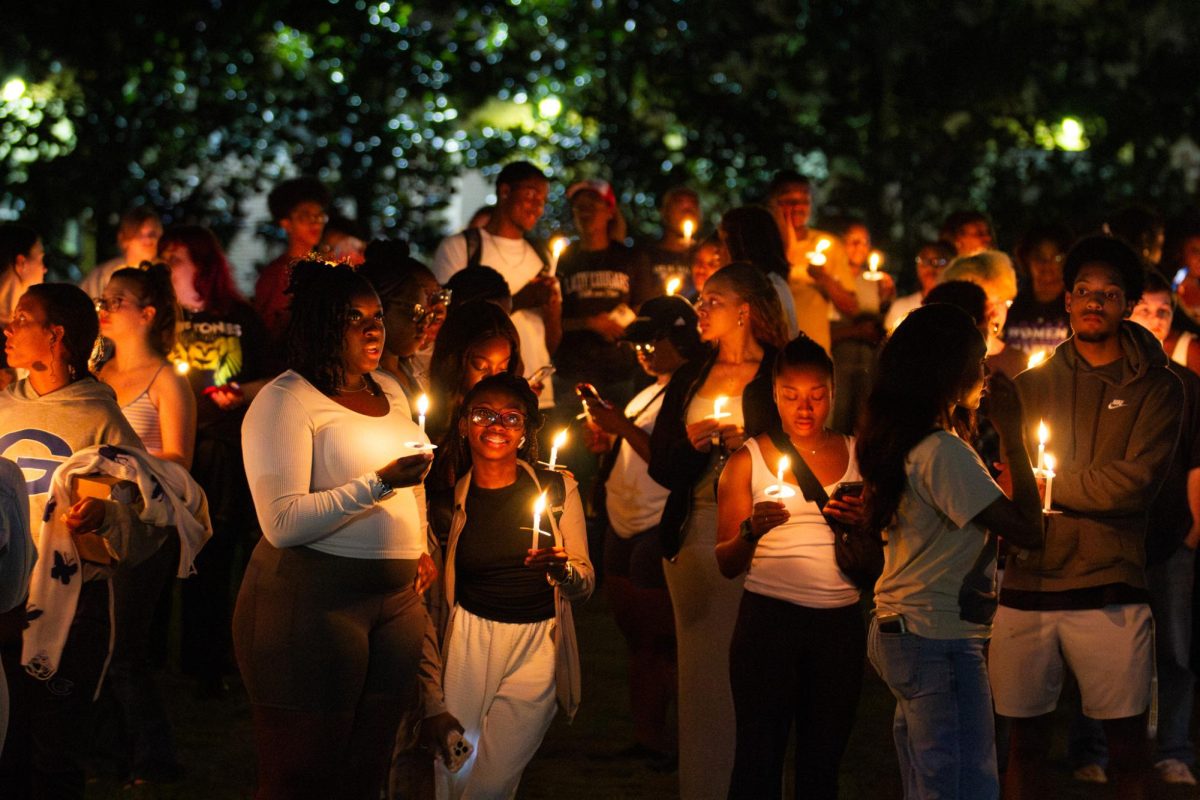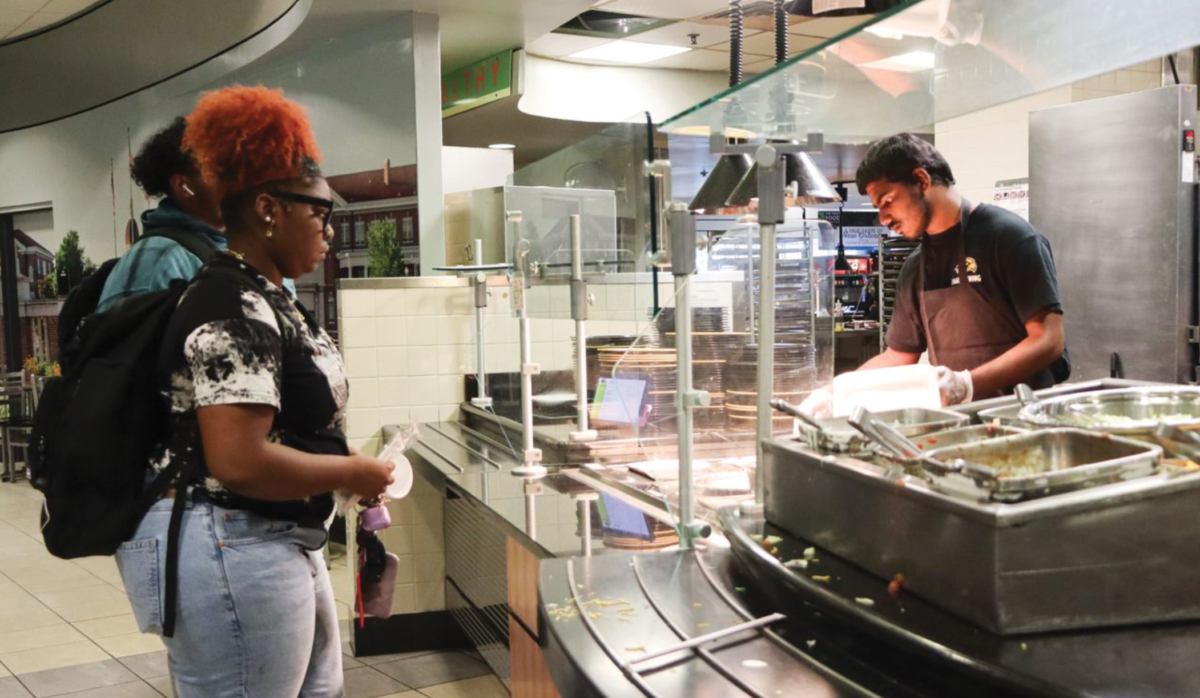The enrollment of international students at The University of Southern Mississippi has increased significantly over the last few years. However, this has highlighted a crucial problem – the difficulty these students face in finding suitable food options on campus, especially Halal food. Despite having a globalized student body, little progress has been made in addressing this pressing concern.
Halal food refers to food that adheres to Islamic dietary laws, including strict sourcing, preparation, and consumption guidelines. For Muslim students, access to Halal food is not just a preference, but a fundamental religious requirement.
The pursuit of Halal food options on campus has been a persistent challenge. International students from various cultural and religious backgrounds seek a sense of belonging within the academic community. However, their dietary needs often go unmet, leading to feelings of exclusion.
The Muslim Student Association (MSA) on campus has taken the lead in championing the cause for Halal food access. Their tireless efforts aim to ensure that the diverse student body has access to food that aligns with their cultural and religious requirements.
“We consistently collaborate with Eagle Dining to organize on-campus events featuring Halal food throughout the semester,” said Shiza Shahid, the president of the Muslim Student Association at USM.
Shahid further emphasized that including Halal food in the fresh menu can be easily accomplished on campus. The Vice-President of MSA, Saba Shahid shared similar sentiments.
“We have also tried to support some students by inviting them over but it has been insufficient,” Shahid said.
To address this issue head-on, the MSA has initiated a petition urging university administrations to take proactive measures. The petition has garnered significant support from students representing diverse backgrounds who recognize the importance of catering to their peers’ dietary needs. The MSA’s advocacy efforts transcend religious boundaries, aiming to promote inclusivity and diversity within the university community.
The challenges faced by international students in their quest for suitable food options on campus cannot be underestimated. Many of them have limited or no access to kitchens on campus. This forces them into a difficult situation where they must rely solely on the limited food choices available within the university premises.
Some students have also experienced serious health problems because they couldn’t find the right food. For instance, an international student with diabetes had to adhere to a carbohydrate-heavy diet due to the lack of Halal food access and cooking facilities. This dietary restriction led to soaring insulin levels, jeopardizing their health, academic performance, and overall campus experience.
As USM welcomes an increasingly global student body, they must address the diverse dietary needs of their students. International students’ struggle to secure Halal food on campus goes beyond culinary preferences; it is a matter of religious obligation and overall well-being. The MSA’s determined efforts to advocate for change deserve recognition. USM must prioritize the cultural and dietary needs of its diverse student populations to foster a truly inclusive and welcoming educational environment.
























